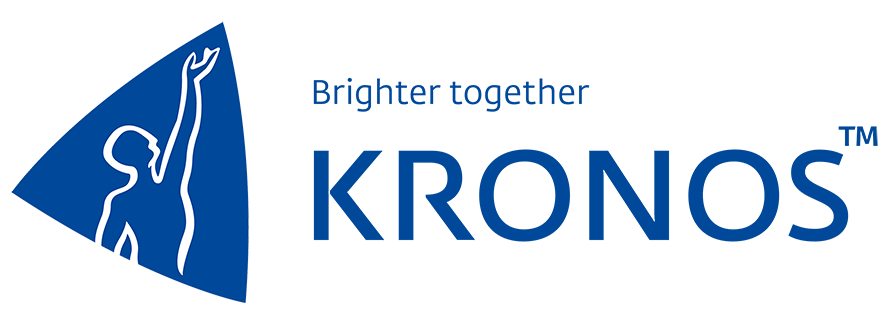Emergency Response Protocol Guidelines Checklist
Defines the procedures for responding to emergencies in a timely and effective manner, including incident reporting, risk assessment, and communication protocols. Establishes roles and responsibilities among personnel. Ensures compliance with regulatory requirements and industry standards.
Incident Reporting
FAQ
How can I integrate this Checklist into my business?
You have 2 options:
1. Download the Checklist as PDF for Free and share it with your team for completion.
2. Use the Checklist directly within the Mobile2b Platform to optimize your business processes.
How many ready-to-use Checklist do you offer?
We have a collection of over 5,000 ready-to-use fully customizable Checklists, available with a single click.
What is the cost of using this Checklist on your platform?
Pricing is based on how often you use the Checklist each month.
For detailed information, please visit our pricing page.
What is Emergency Response Protocol Guidelines Checklist?
A comprehensive checklist that outlines procedures and protocols to be followed in case of emergency situations. It includes steps to ensure timely response, effective communication, and coordination among stakeholders to mitigate the impact of an emergency.
How can implementing a Emergency Response Protocol Guidelines Checklist benefit my organization?
Implementing an Emergency Response Protocol Guidelines Checklist can benefit your organization in several ways:
• Enhanced preparedness: A clear protocol helps ensure that all stakeholders are aware of their roles and responsibilities during emergencies. • Improved communication: The checklist facilitates effective communication among team members and ensures that critical information is shared promptly. • Reduced uncertainty: Having a well-defined plan reduces confusion and anxiety, allowing for quicker decision-making and action. • Increased efficiency: A structured protocol minimizes delays and ensures that responses are executed in the most efficient manner possible. • Better compliance: The checklist helps ensure adherence to regulatory requirements and industry standards. • Enhanced reputation: Demonstrating a proactive approach to emergency management can boost your organization's credibility and trustworthiness with stakeholders. • Cost savings: By minimizing downtime, reducing damage, and preventing potential lawsuits, implementing an Emergency Response Protocol Guidelines Checklist can lead to significant cost savings. • Improved employee safety: A clear protocol helps protect employees from harm by ensuring that they are aware of the necessary procedures during emergencies. • Better public perception: Responding effectively to emergencies can enhance your organization's image and build trust with the community.
What are the key components of the Emergency Response Protocol Guidelines Checklist?
- Incident Reporting and Notification
- Initial Response Team Activation
- Risk Assessment and Hazard Identification
- Evacuation Procedures
- Communication Plan
- Medical Response
- Fire Suppression and Extinguishing
- Search and Rescue Operations
- Damage Control and Containment
- Review, Revision, and Update Process
Emergency Response Team (ERT) Activation
Scene Management
Communication and Coordination
Rescue and Evacuation
Debriefing and Review
Follow-up and Review
Documentation and Record-Keeping
Acknowledgement and Signature
Expense Reduction
 34%
34% Development Speed
 87%
87% Team Productivity
 48%
48% Generate your Checklist with the help of AI
Type the name of the Checklist you need and leave the rest to us.
 Made in Germany
Made in Germany Fair Pricing Policy
Fair Pricing Policy




























 Certified Security and Data Protection
Certified Security and Data Protection Active Support and Customer success
Active Support and Customer success Flexible and Fully customizable
Flexible and Fully customizable